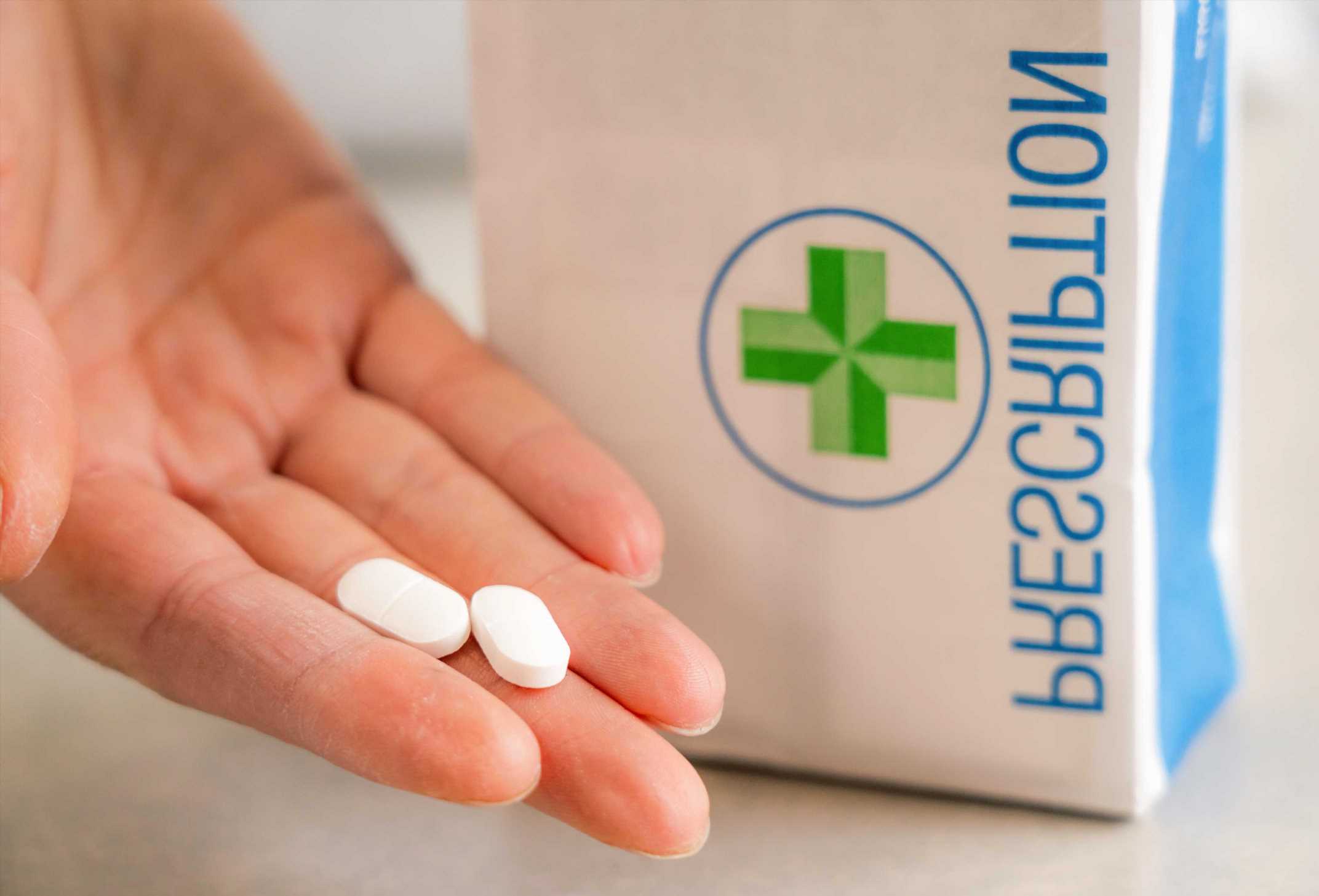Written by Nateisha Scott
How one writer solved her severe, painful bloating and made peace with her body.
The impact chronic bloating can have on your confidence is significant. And I’m not talking about the common (and very normal) swelling of your stomach post-meal times, I’m referring to the all-day painful bloat, where your stomach turns to rock, three times its regular size and culminates with spending the day hiding away.
For a long time, severe bloating was my reality. I’ve always had a sensitive stomach and, because of it, I’ve stayed away from dairy for over a decade. More recently, my body has also rejected soy. Safe to say, I’ve been aware of the reality of intolerances for a long time.
However, when you hear about bloating, gut health and food intolerances, you don’t often hear about the harm it can do to your self-esteem. I would often wear baggy T-shirts and dresses, sweatshirts and comfortable leggings, simply for my stomach to be comfortable.
I wasn’t lacking in solutions either. From powders to improve my gut health to cutting out fizzy drinks and sticking to hot drinks where possible (to ease the pain), the short-term “fixes” would work for a day or two, but the pain and bloating always returned. It truly seemed that I had tried everything.
That is until I came across a powerful combination: lymphatic drainage massage and digestive enzyme supplementation to debloat and heal my inflamed gut. Allow me to explain, after a quick refresher on what bloating actually is.
What is bloating?
“Bloating is a feeling of fullness, tightness or pressure in the abdomen which may be associated with swelling or distention with the intensity that can vary from mild discomfort to extreme pain and symptoms often coming and going,” explains Dr Gaby Prinsloo, medical director at the Advanced Nutrition Programme.
And what are the main causes of bloating?
“The most common causes of bloating are a build-up of gas in the digestive system caused by eating and drinking too fast, too much fermentation (the process when bacteria in the digestive system breaks down carbohydrates), chronic stress, constipation and hormonal changes,” explains Dr Prinsloo.
Fermentation can increase poor digestion, food intolerance and gastrointestinal conditions such as IBS and coeliac disease, which lead to an imbalance of the good and bad bacteria in the digestive system. Stress is also a contributing factor, she adds: “It can lead to bloating by slowing the movement of food through the gut (gut mobility) and increasing fermentation.”
Constipation can leave us feeling sluggish and bloated, as can hormonal changes – especially increases in oestrogen that can lead to cyclical bloating before or during menstrual periods (about three in four women experience cyclic bloating) and during perimenopause.
My journey to healing chronic bloating
Naturally, there was no overnight fix for curing my bloat; to this day, I still get the odd flare-up, but this time around, I can pinpoint the triggers and know my solutions.
In the past, I’ve tried cutting out dairy and soy alone and introducing probiotics and prebiotics into my supplement routine, but after a two-week course, there were no real improvements.
Diet
This time, my first port of call was addressing my diet. I’d heard about intolerance tests before but had only pinpointed them around allergies; however, I signed up for an in-depth test with Simply Health Checks.
After sending away some hair strands, five days later I received a highly detailed report of what my body liked and disliked. Split into red (highly intolerant), amber (mildly intolerant) and green (no intolerance) across all food groups, metals, types of woods and plants, I was able to put the causes of my flare-ups under the microscope.
The results? I had intolerances to apparent groups such as dairy, soy, gluten and lactose and surprises such as prosecco, mushrooms, strawberries, red and white wine, chickpeas and shellfish. From this point, diet elimination was crucial; it helped keep my gut calm and balanced.
Supplementation
Now that my gut was no longer irritated or inflamed, it was time to supplement it with the essential nutrients it needed to function optimally. A fan of the Nue Co, and having used their skin supplements in the past with great results, I tried their Debloat+. Within a week of taking it each day in the morning, my stomach was at ease, and it felt euphoric to feel my body again – not sluggish, bloated or having to hide behind baggy clothes.
The Nue Co Debloat+ Dietary Supplement, £40
“Digestive enzymes are proteins that regulate the chemical reactions the body uses to digest food; the enzymes break down the food into nutrient pieces until they are small enough to be absorbed into the bloodstream and carried throughout the body,” explains Jules Miller, founder of The Nue Co.
A naturally occurring protein, enzymes exist in our saliva, pancreas and stomach. According to Miller: “There’s some evidence to suggest that people who suffer from IBS may be lacking key digestive enzymes which can lead to the common symptoms of bloating and poor digestion.”
Lymphatic drainage
I not only wanted to tackle bloating internally but externally too, and I’d seen how effective lymphatic drainage had been for others who experience bloating in the body. So I booked in with Dimple Amani, celebrity facialist and body sculptor.
(Lymphatic drainage is a specific type of gentle massage that helps to improve the flow of lymph fluid – fluids that build up just under the skin and collect the waste and toxins from tissues in the body.)
I was pressed and rolled into a less bloated version of myself, and it felt incredible. (For longer-lasting results, six to eight sessions are recommended.) Together in the space of six weeks, my body felt lighter and confident – I finally felt like I’d conquered my excessive bloating.
This method, known as manual lymphatic drainage, is considered a stellar treatment for helping to treat bloat. It also treats other symptoms of bloating, such as improving digestion, reducing water retention and alleviating constipation.
“It [lymphatic drainage] improves your gastrointestinal health,” explains Amani. “The parasympathetic nervous system (PNS) activity influences gastrointestinal functions, and studies have shown that the stimulation of the PNS through manual lymphatic drainage provides relief. It also helps flush the toxins out and helps instantly improve bloating by helping to release the air and gas from the body.”
Amani recommends combining lymphatic drainage with her body treatments to target bloating and water retention – ideally booking a session once a week for six to eight weeks. Post-treatment, pushing the toxins and fluid through the lymphatic system is very important. Drinking lukewarm water and herbal teas will help flush out excess sodium in the body, while gentle exercise within 24 hours post-treatment will help sweat out the excess impurities.
A post shared by Dimple Amani (@dimpleamani)
Other pathways
However, extensive (and expensive) treatments are not the only option for improving and reducing bloating. Many lifestyle changes can be introduced, including re-evaluating your diet.
Lorraine Perretta, head of nutrition at Advanced Nutrition Programme, recommends starting with your diet: “Avoid the foods that aggravate bloating and support the digestive process by chewing foods slowly – this will break down and stimulate the release of digestive enzymes. Drink minimal liquids when eating and eat in a calm and comfortableenvironment. Also, regular movement and exercise can improve gut mobility and prevent bloating.”
Perretta also recommends getting consistent, good-quality sleep is the foundation for managing stress and maintaining a healthy body and digestive system.
“Make sure to consume water regularly throughout the day. This encourages mobility and prevents constipation while managing daily stress by introducing exercise and meditative techniques to help you relax is key.”
Six months into the year, taking control of my bloating and gut health has seen a mental and physical shift in my life. Continued awareness, a healthy diet and lifestyle habits will help me feel in control rather than the other way around.
Remember though, the cause of excess bloating and gut inflammation varies between individuals – checking with a trusted medical professional is strongly recommended before embarking on any treatment or supplement protocol.
Main image: Getty
Source: Read Full Article



